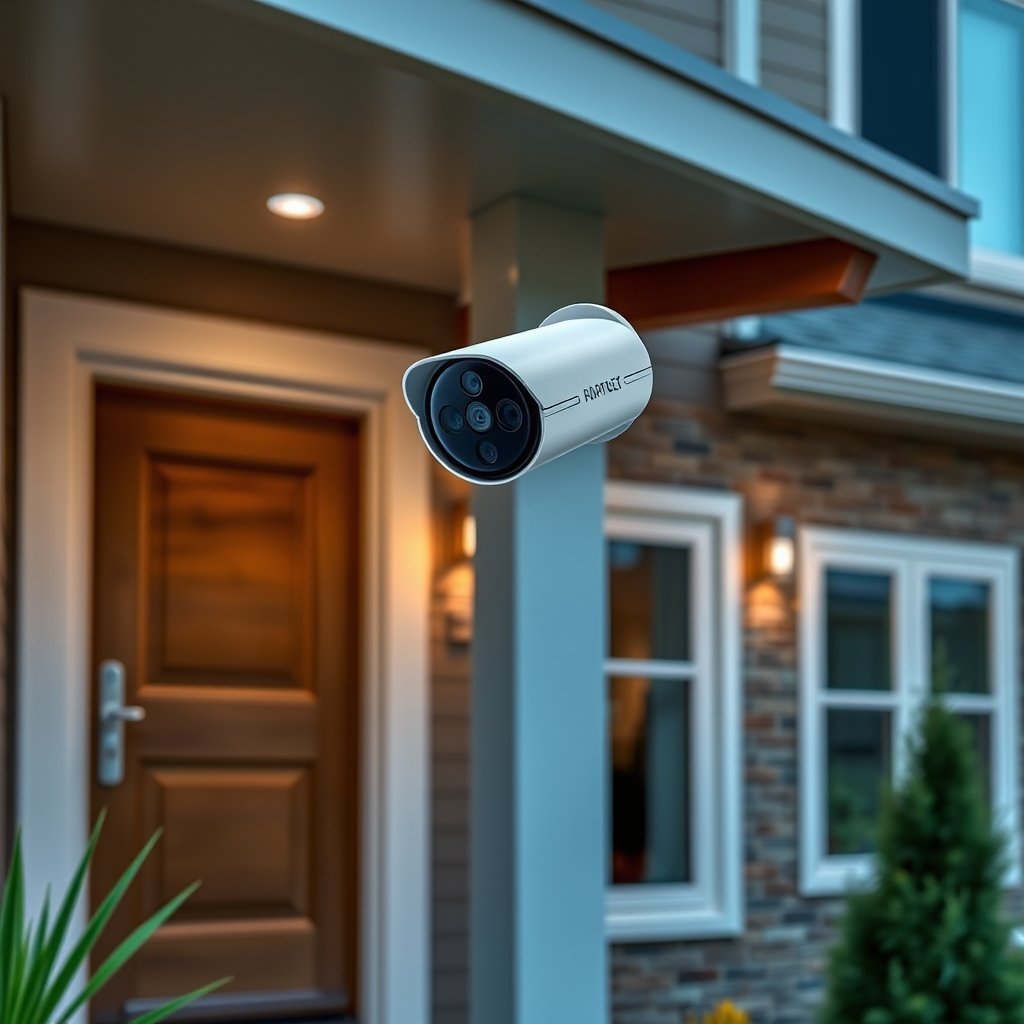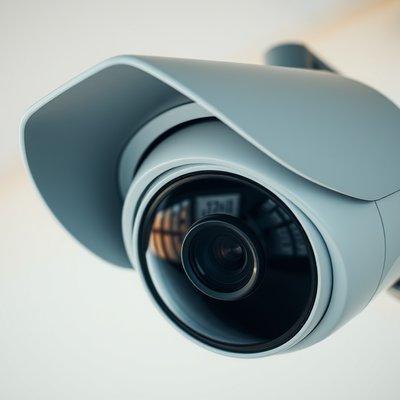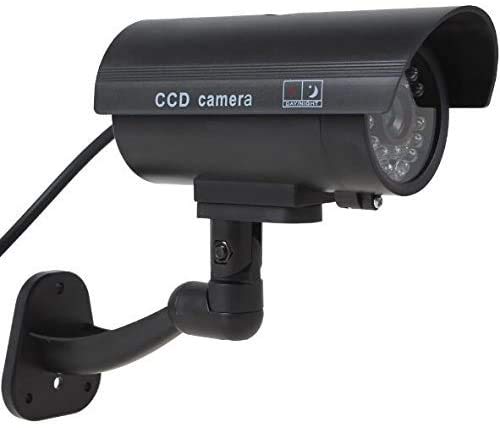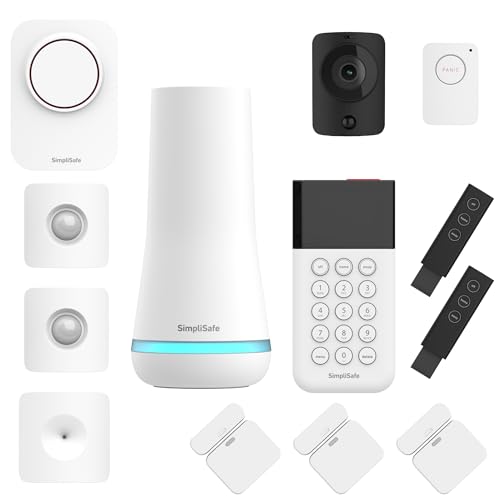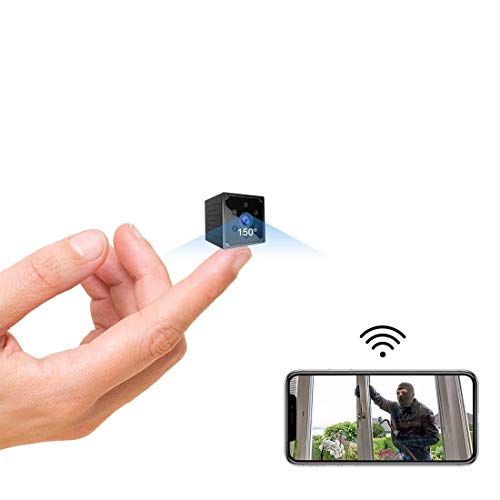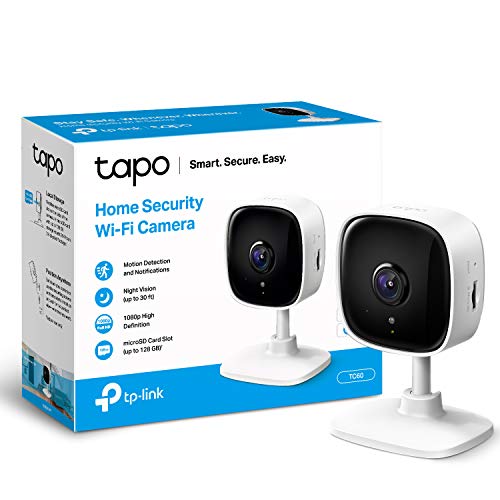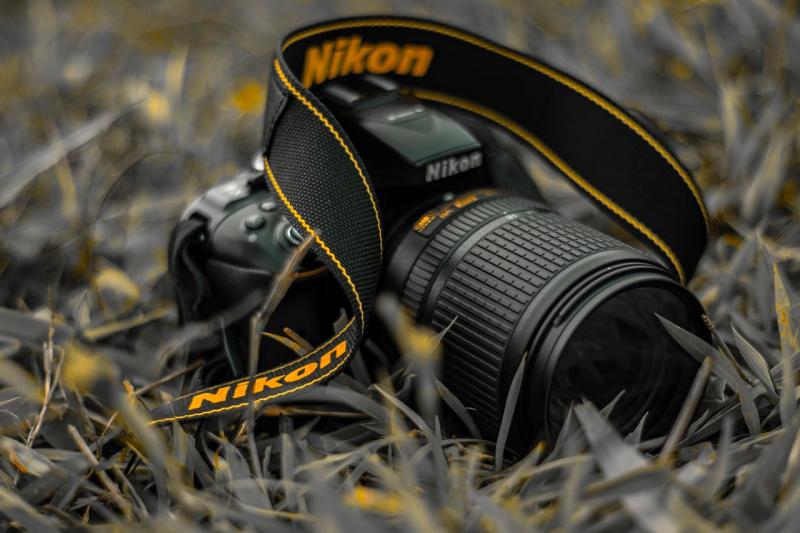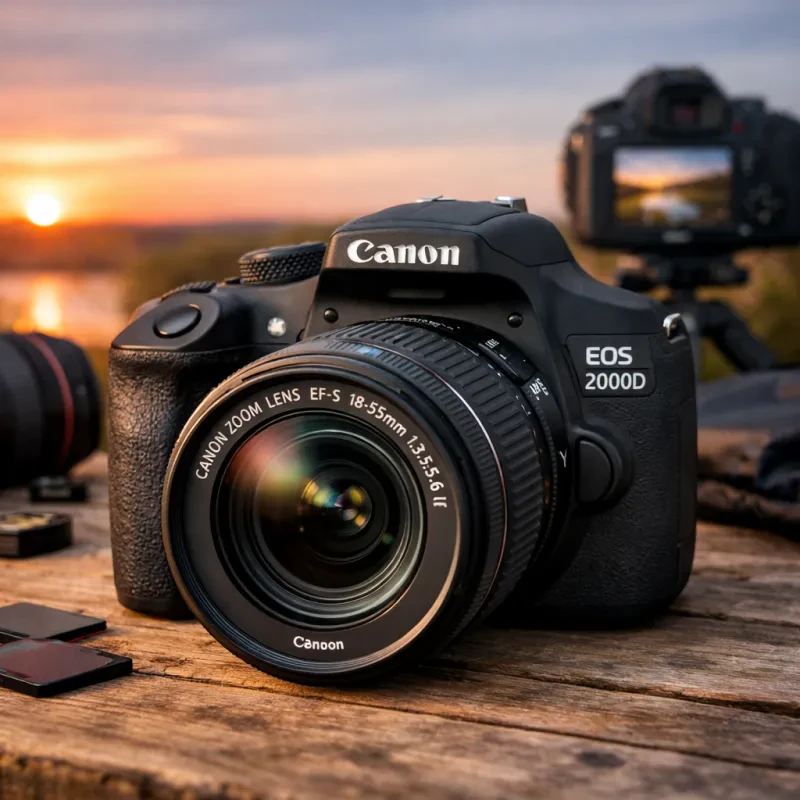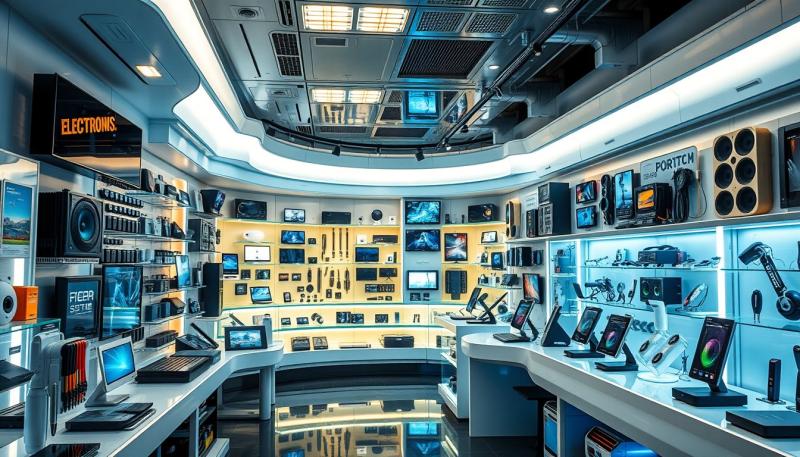A trustworthy video surveillance system is essential for guaranteeing the security and safety of your house. Choosing the ideal system can be overwhelming due to the growing availability and advancements in technology. To help you in your quest for the ideal home video surveillance system, here are some essential tips for selection.
First and foremost, consider the specific needs and requirements of your home. Is it a large property or a small apartment? Are there any high-risk areas that need special attention, such as entry points or blind spots? Identifying these factors will help you determine the number and placement of cameras required, as well as the features they need to possess.
Next, it's crucial to decide between wired and wireless surveillance systems. Wired systems provide a more stable connection and reliable footage, but they can be challenging to install and require professional assistance. In contrast, wireless systems offer greater flexibility, easy installation, and the ability to remotely access the footage. However, they may suffer from connectivity issues or interference from other devices.
Another vital aspect to consider is the resolution of the cameras. The image quality provided by the surveillance system greatly affects its effectiveness. Higher-resolution cameras will capture clearer images, enabling you to identify individuals and details more easily. However, keep in mind that higher-resolution cameras may also require more storage space for the recordings.
Lastly, consider the additional features and capabilities you desire in a home video surveillance system. Some advanced systems offer motion detection, night vision, and even two-way audio communication. These extra features can enhance the overall security of your home and provide you with peace of mind.
Remember, selecting the perfect home video surveillance system boils down to understanding your specific needs, weighing the pros and cons of different types of systems, considering image quality, and determining the desired features. By making a well-informed decision, you can ensure the safety and security of your home and loved ones.
Key Features to Consider for Effective Surveillance
When it comes to ensuring the security of your home, video surveillance is an essential tool. However, not all surveillance systems are created equal, and investing in the right one can make a significant difference. Here are some key features to consider for effective surveillance:
- High-Resolution Cameras: The quality of the video footage is crucial for identifying intruders or any suspicious activity. Opt for surveillance cameras that offer high-resolution images, preferably in HD or higher, to ensure clear and detailed videos.
- Night Vision Capability: Many incidents tend to occur after dark, making night vision capability an essential feature. Look for cameras equipped with infrared LEDs or other low-light technologies to capture clear footage, even in complete darkness.
- Wide-Angle Lens: Wide-angle lenses are beneficial as they allow you to capture a broader field of view, minimizing blind spots. Consider cameras with lenses that provide a significant degree of coverage and reduce the need for multiple cameras to cover larger areas.
- Remote Access: In today's technologically advanced world, remote access to your surveillance system is extremely convenient. Choose a system that allows you to access live camera feeds, playback recordings, and receive real-time alerts from anywhere using your smartphone, tablet, or computer.
- Storage Capacity: Adequate storage capacity is essential to retaining video recordings for future reference. Look for surveillance systems that offer ample storage options, such as internal memory, external hard drives, or cloud storage solutions, depending on your preferences and requirements.
While these features are crucial for effective home video surveillance, it's essential to evaluate your specific needs and budget before making a selection. By investing in a surveillance system that encompasses these key features, you can enhance the security of your home and have peace of mind.
€34.32
€22.87
4.42 out of 5 starsWireless Indoor Security Camera with App Control
Stay connected and monitor your home with ease using our intuitive app-controlled Wireless Indoor Security Camera
Product information
Product Review Score
Product links
DIY vs. Professional Installation: Pros and Cons
When it comes to setting up a home video surveillance system, one of the key decisions you'll need to make is whether to do it yourself (DIY) or hire a professional. Each option has its own set of advantages and disadvantages, and understanding them can help you make an informed choice. Here are some pros and cons to consider:
DIY Installation:
Pros:
- Cost-effectiveness: DIY installation can save you money as you won't have to pay for professional installation fees.
- Flexibility: With DIY installation, you have complete control over where you place the cameras and the overall setup, allowing you to customize it to your specific needs.
- Learning opportunity: Installing a home surveillance system yourself can provide valuable learning experiences, helping you gain new skills and knowledge about technology and security.
Cons:
- Complexity: Depending on the complexity of the system, DIY installation can be challenging, especially if you're not tech-savvy. You may need to spend time researching and familiarizing yourself with the setup process.
- Limited support: With DIY installation, you might not have access to professional technical support if any issues arise.
- Time-consuming: Setting up a surveillance system on your own can be time-consuming, especially if you have a larger property with multiple cameras to install.
Professional Installation:
Pros:
- Expertise and experience: Professional installers have the knowledge, expertise, and experience to ensure the system is set up correctly and optimally, minimizing the risk of any technical errors or inefficiencies.
- Full-service solution: With professional installation, you can rely on the installer to handle everything, from selecting the right equipment to positioning the cameras and ensuring proper connectivity.
- Warranty and support: Many professional installers offer warranties and ongoing support, providing peace of mind and assistance if any issues arise.
Cons:
- Higher cost: Professional installation can be more expensive, as you'll need to pay for the services and labor provided by the installer.
- Limited customization: Choosing professional installation might limit your ability to customize the surveillance system to your specific preferences, as the installers' expertise may guide the setup.
- Dependency on professionals: When relying on professionals for installation, you'll need to coordinate schedules and ensure availability, which might cause delays in the setup process.
Maintaining Privacy and Legal Considerations in Surveillance
While home video surveillance systems offer valuable security benefits, it is crucial to ensure that privacy rights and legal considerations are maintained. Here are some key tips to keep in mind:
1. Know the Local Laws and Regulations
Before installing any surveillance cameras, it is essential to familiarize yourself with the local laws and regulations regarding video recording. Different jurisdictions may have specific rules regarding where cameras can be placed, audio recording, and the length of time footage can be retained. By understanding and complying with these laws, you can protect yourself from potential legal issues.
2. Inform and Obtain Consent
Respecting the privacy of individuals is of utmost importance. If you plan to install video surveillance in areas where others may be recorded, it is necessary to inform them of the presence of cameras. In many cases, obtaining consent from individuals who may possibly be recorded is required by law. By being transparent about your surveillance measures, you can maintain trust and respect among your neighbors and visitors.
3. Secure Your System
Protecting your video surveillance system from unauthorized access is crucial to avoiding potential privacy breaches. Ensure that the cameras and the associated software are regularly updated with the latest security patches. Additionally, it is advisable to use strong and unique passwords for all components of your system, including the cameras, recording devices, and any associated mobile or web applications.
4. Store Footage Responsibly
The storage of surveillance footage should be approached with responsibility. Be mindful of how long you retain recorded material, and only keep it for as long as necessary. Regularly review and delete old footage to minimize the risk of unauthorized access or misuse. Furthermore, it is essential to store the footage securely, whether it is on physical storage devices or in the cloud, to prevent potential data breaches.
By prioritizing privacy and adhering to legal considerations in your home video surveillance, you not only protect the welfare of others but also ensure that you are on the right side of the law.
